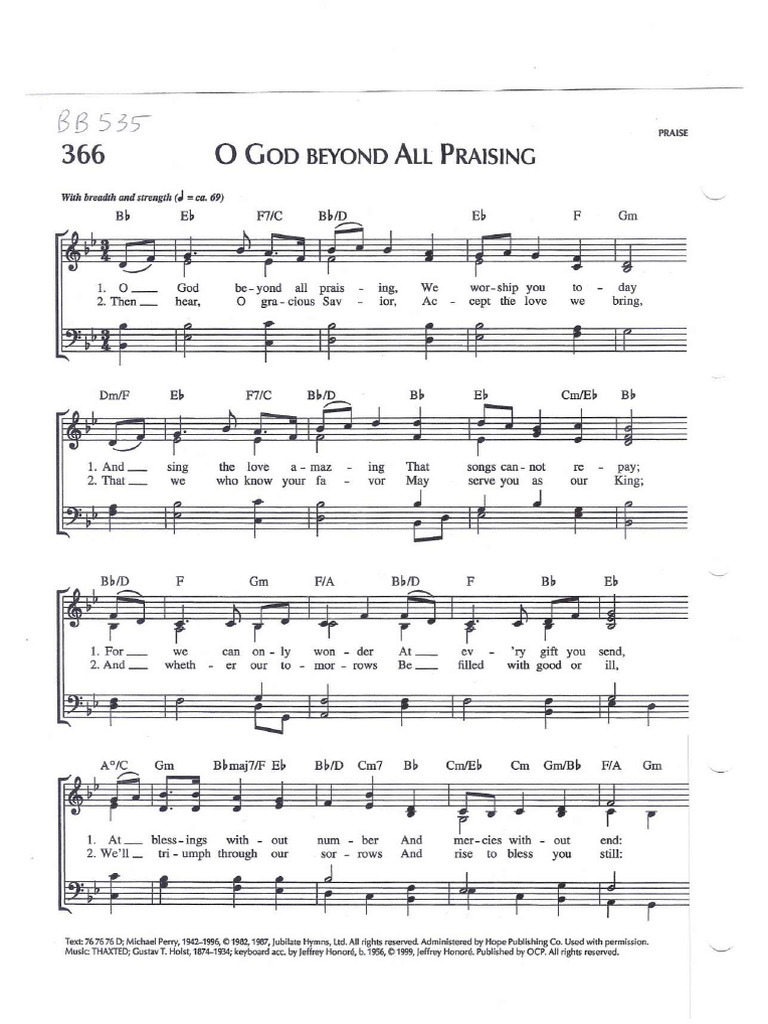In the contemporary discourse surrounding spirituality and the divine, the image of God often resembles a traditional patriarch—an imposing figure with a long beard, embodying authority and judgment. This archetype, deeply entrenched in historical theological frameworks, raises an intriguing challenge for Bahá’ís and adherents of various faiths alike: How do we break the mold of this conventional representation and envision a God who transcends gender and anthropocentric characteristics? This question beckons us to explore the Bahá’í teachings, which invite us to reconceptualize the Divine in ways that affirm the oneness of humanity and the universality of spiritual truths.
The Bahá’í Faith posits that God is an ineffable reality, transcending human comprehension and limitation. This profound mystery is encapsulated in the teachings of Bahá’u’lláh, who articulated the concept of God as an all-encompassing force, rather than a being confined to anthropomorphic attributes or gendered presuppositions. By recognizing God beyond the traditional bearded patriarch, Bahá’ís engage in a paradigm shift that elicits a deeper understanding of divine essence. The transformative power of such an understanding lies in its potential to foster inclusivity and equality among diverse groups and individuals.
One of the core tenets of Bahá’í belief is the idea that God sends forth Manifestations—prophets and teachers—throughout history to guide humanity towards unity and collective progress. This concept underscores the belief that the divine message evolves in tandem with humanity, catering to varying needs across epochs. Icons such as Moses, Jesus, Muhammad, and Bahá’u’lláh himself, while revered, serve primarily as conduits for divine will, rather than static representations of God. This results in a nuanced understanding: God can possess a multitude of attributes, encompassing both femininity and masculinity, ultimately transcending the confines of gender altogether.
Consider the implications of such a worldview. Could the traditional images we carry of God influence our societal structures? If God is exclusively portrayed as a stern, distant figure, might this perpetuate a culture of dominance and exclusion? Bahá’í teachings advocate for a more holistic interpretation, suggesting that God embodies love, compassion, and understanding—attributes that remain universally accessible and relatable, irrespective of gender. This paradigm invites individuals to foster personal relationships with the divine that are deeply intimate and rooted in mutual affection, rather than fear and reverence.
Further enriching the Bahá’í perspective is the notion of the intrinsic equality of women and men, which is paramount in the teachings of Bahá’u’lláh. Gender equality plays a critical role in reshaping perceptions of divinity. By venerating feminine attributes as divine characteristics, such as nurturing, empathy, and compassion, believers can attain a more harmonious conception of God. This shift not only disrupts patriarchal norms but also empowers both men and women to embody these traits, thereby enhancing the collective spiritual experience and societal progress.
Moreover, the Bahá’í Faith emphasizes the interconnectedness of all religions, illustrating that diverse spiritual traditions converge upon similar truths regarding God. This recognition of unity in diversity poses a delightful challenge: How can followers of various faiths contribute to a broader conception of divinity that dismantles barriers and fosters cooperation? Such collaboration could yield a spiritual renaissance, wherein individuals collectively redefine the divine attributes that resonate across tradition and culture.
In contemplating the nature of God, the Bahá’í teachings implore individuals to recognize their own agency in this exploration. The playful question remains: What if we envisioned God as an ever-evolving embodiment of traits reflective of humanity? It challenges us to engage deeply with our understanding of the divine and prompts a willingness to rethink preconceived notions. This innovative approach allows for the celebration of the multifaceted nature of existence—enabling each person to find resonance with the divine in ways that are authentic and personal.
Pragmatically, the Bahá’í Faith encourages fervent engagement with the world through service to humanity. This conviction is grounded in the understanding that actions reflective of divine attributes foster a tangible transformation in society. By exemplifying justice, compassion, and unity, individuals not only honor the multifarious nature of God but also actively participate in manifesting these truths in the world. Here, the practical application of redefining God transcends theoretical discourse and penetrates into the heart of human interaction, inspiring collective effort to address social disparities, inequalities, and injustices.
The exploration of divinity beyond the figure of the bearded patriarch thus serves as an invitation—instead of a strict mandate—to explore the corners of our understanding. It invites reflection, introspection, and the courage to diversify our spiritual expressions. The Bahá’í teachings on God compellingly beckon humanity to embrace a comprehensive vision of the divine, harmonizing the myriad influences of cultural, gendered, and historical contexts.
Ultimately, breaking the mold of traditional divine imagery requires a conscious effort to cultivate understanding and acceptance. Through the Bahá’í teachings, individuals are encouraged to transcend limiting perceptions, advocating for a divinity that is inclusive, compassionate, and profoundly relatable. The journey towards redefining God not only enriches individual spiritual experiences but also paves the way toward a more unified, equitable world.
